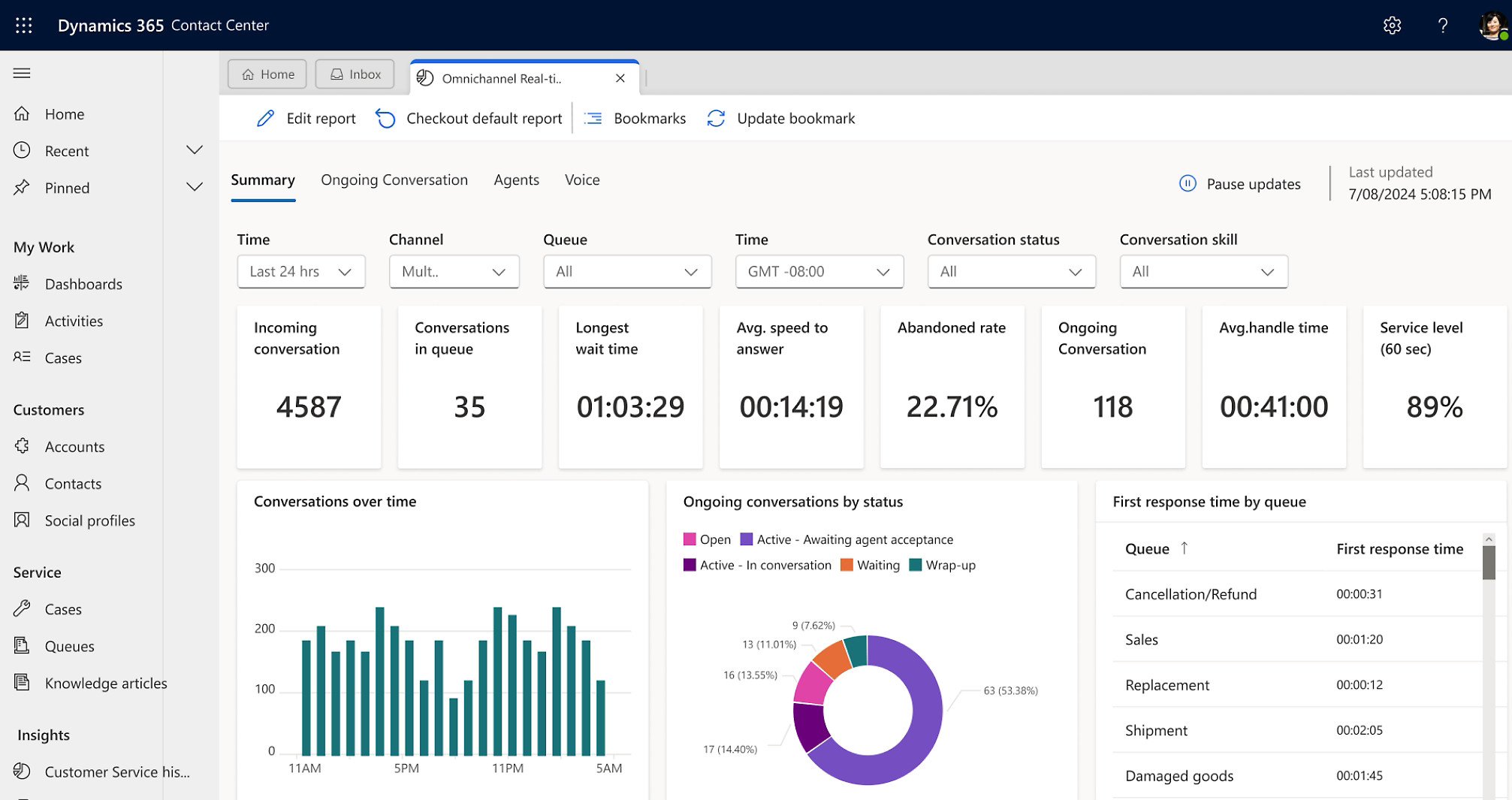
African enterprises are increasingly recognizing the value of digital transformation. One of the most crucial technology investments a company can make is in an Enterprise Resource Planning (ERP) system. A well-implemented ERP solution can streamline operations, improve efficiency, and enhance decision-making. However, choosing the right ERP system for your African business requires careful consideration of factors such as local market challenges, scalability, cost, and regulatory compliance.
At IpsumTek Consult Ltd, we specialize in helping African businesses leverage Microsoft technology solutions to implement tailored ERP systems that align with local needs while maintaining global standards. Here’s a comprehensive guide on how to choose the right ERP system for your business.
Before selecting an ERP system, it is essential to conduct an in-depth business needs assessment. Ask yourself:
What are the core challenges your business faces?
Which processes do you want to automate or improve?
What are your long-term growth objectives?
For example, a manufacturing company may need ERP features for supply chain management, inventory tracking, and production planning, while a retail business may prioritize sales analytics and customer relationship management (CRM).
Businesses in Africa have the option of deploying ERP solutions on-premise or in the cloud.
On-Premise ERP: Installed on local servers, providing full control over data and security. However, it requires significant upfront investment and IT maintenance.
Cloud-Based ERP: Hosted on remote servers, offering flexibility, scalability, and lower initial costs. This option is ideal for businesses with limited IT infrastructure.
At IpsumTek Consult Ltd, we recommend Microsoft Dynamics 365, a cloud-based ERP solution that integrates seamlessly with various business applications while ensuring data security and compliance with African market regulations.
Your ERP system should be able to grow with your business. Many African businesses expand rapidly, and an ERP solution should accommodate new users, additional features, and multiple locations.
Additionally, it’s crucial to select an ERP that allows for customization to address industry-specific challenges. For instance:
Companies in Kenya’s agriculture sector may require an ERP that includes features for farm management and commodity pricing.
Financial services firms may need robust accounting and regulatory compliance tools.
Africa’s diverse business landscape comes with unique regulatory and tax requirements. Your ERP should comply with national and regional tax laws, such as:
Kenya Revenue Authority (KRA) tax guidelines
South Africa’s VAT regulations
Nigeria’s financial reporting standards
Additionally, if your business operates in multiple countries, multi-currency support is vital for seamless financial transactions.
An ERP system is only as effective as the people using it. Many African businesses struggle with digital literacy gaps, so it’s essential to select an ERP with a user-friendly interface and provide proper training.
IpsumTek Consult Ltd offers end-to-end ERP implementation and training services, ensuring that employees can fully utilize the system without disruptions to daily operations.
ERP implementation is a long-term commitment. Choosing a trusted ERP provider with strong local support is crucial. Consider:
24/7 customer support
Availability of local consultants
Regular system updates and security patches
IpsumTek partners with Microsoft to deliver world-class ERP solutions backed by expert support, ensuring business continuity and performance optimization.
The cost of an ERP system is more than just the initial purchase. Consider:
Implementation and setup costs
Subscription or licensing fees
Customization and integration expenses
Ongoing maintenance and upgrades
Cloud-based solutions like Microsoft Dynamics 365 often have a lower upfront cost and predictable monthly expenses, making them ideal for African SMEs.
Choosing the right ERP system is a critical decision that impacts business efficiency, growth, and profitability. By assessing business needs, deployment options, scalability, compliance, user-friendliness, vendor support, and costs, you can select an ERP solution that aligns with your African business’s long-term success.
At IpsumTek Consult Ltd, we help African enterprises implement tailor-made Microsoft ERP solutions that bridge local business challenges with global technological excellence. Contact us today to discover how we can transform your business through innovative ERP solutions.